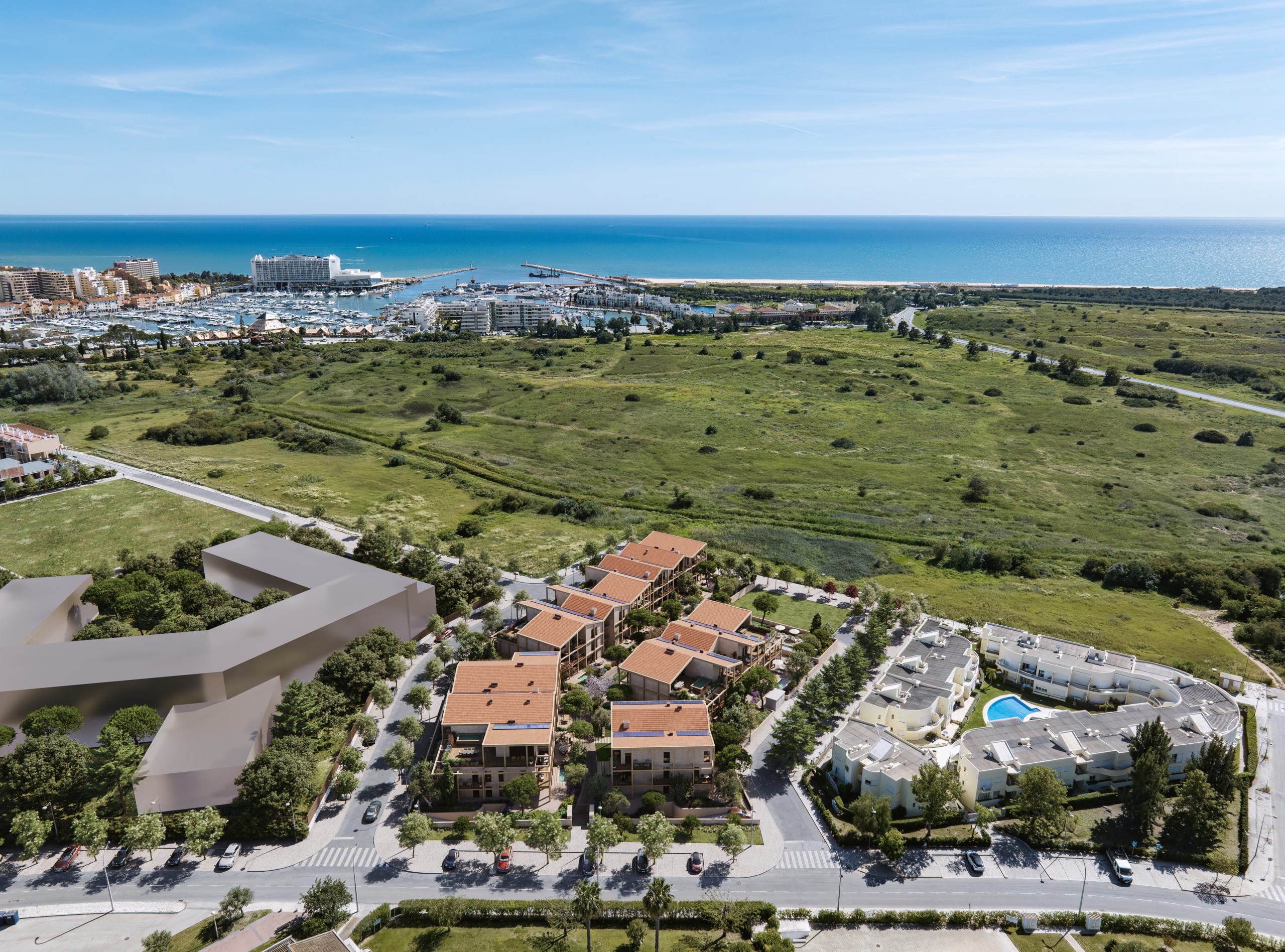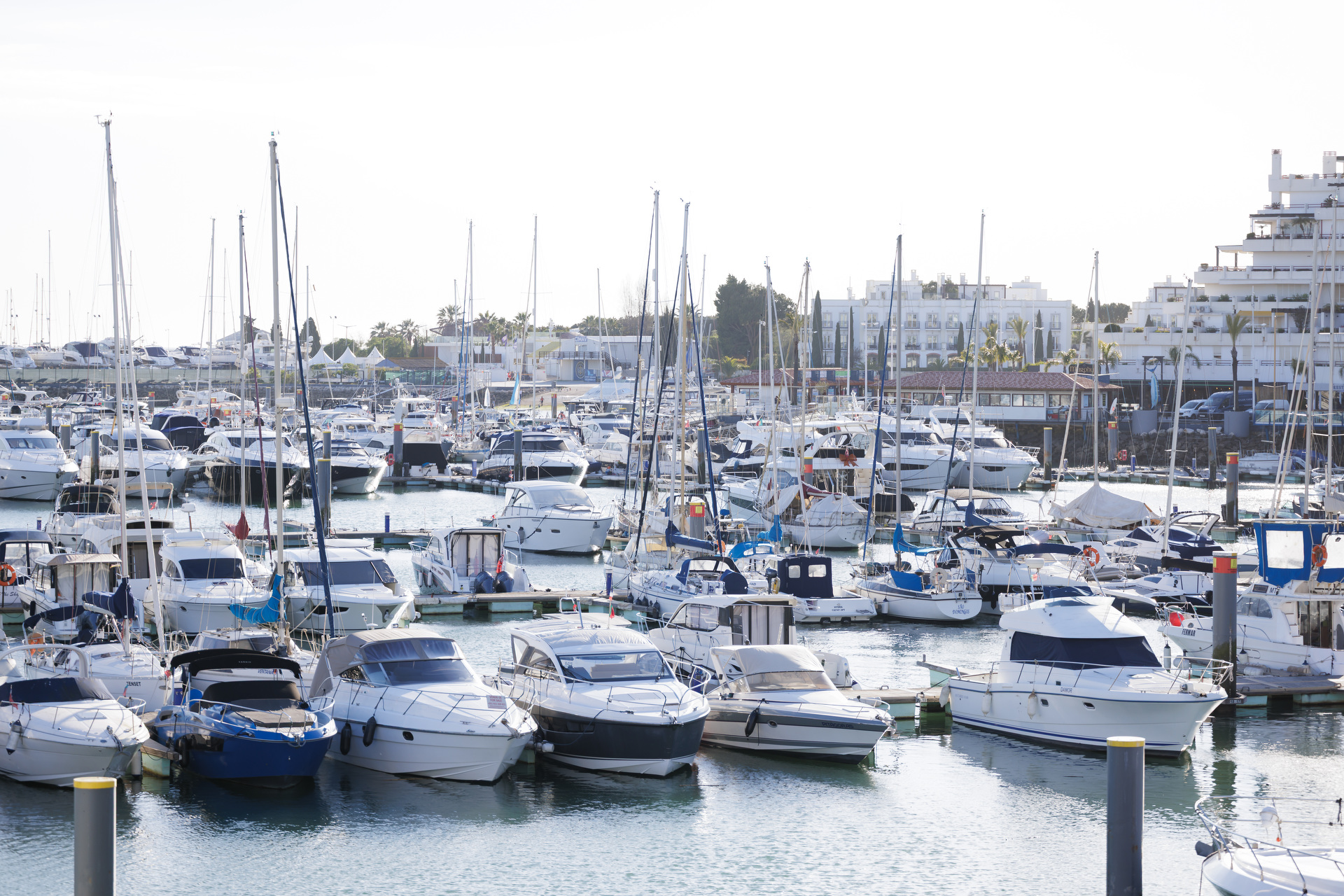Investing in real estate abroad is an exciting endeavor, and Portugal has emerged as a top choice for many international buyers. With its stunning landscapes, welcoming culture, and a relatively straightforward property acquisition process, Portugal, including regions like the Algarve and Lisbon, has become an attractive destination for foreigners looking to purchase a home. In this comprehensive guide, we’ll walk you through the step-by-step process of buying property in Portugal as a foreigner, helping you navigate the journey smoothly.
1. Define Your Objectives and Budget
Before diving into the property market, it’s essential to establish your objectives and budget. Determine whether you’re buying a vacation home, a rental property, or a permanent residence. Understanding your goals will guide your property search and financial planning.
2. Seek Professional Guidance
Engage local real estate agents, property lawyers, and financial advisors who specialize in international real estate transactions. Their expertise is invaluable in navigating the legal and financial aspects of property acquisition.
3. Choose the Right Location
Portugal offers a diverse range of locations, from bustling cities to tranquil coastal towns. Research and explore different regions to find the one that aligns with your lifestyle and investment goals.
4. Property Search and Viewing
Start your property search online, attend property expos, or work with local agents to find listings that match your criteria. Schedule property viewings to inspect potential investments in person, or arrange for trusted representatives to view properties on your behalf.
5. Make an Offer
Once you find the property of your choice, it’s time to make an offer. Your agent or legal advisor will assist in negotiating the terms, including the purchase price and conditions.
6. Due Diligence
Conduct due diligence on the property to ensure there are no legal issues, encumbrances, or hidden problems. This includes verifying the property’s title deed, land registry records, and permits.
7. Legal Representation
Hire a Portuguese lawyer who specializes in real estate transactions. They will guide you through the legal processes, review contracts, and ensure all necessary documents are in order.
8. Financing
If you require financing, explore mortgage options with local banks or international lenders. Compare interest rates, terms, and conditions to secure the best mortgage for your needs.
9. Promissory Contract
Once the offer is accepted and due diligence is complete, you’ll sign a promissory contract (Contrato Promessa de Compra e Venda). This legally binding agreement outlines the sale’s terms, including the purchase price, payment schedule, and closing date. You’ll typically pay a deposit at this stage, which is usually 10% of the property’s price.
10. Property Registration
The next step involves registering the property in your name. Your lawyer will handle this process, ensuring the property is transferred legally.
11. Property Transfer Tax
Pay the property transfer tax (Imposto Municipal sobre Transmissões Onerosas de Imóveis) to the local tax office. This tax is based on the property’s value and is typically paid by the buyer.
12. Final Deed (Escritura)
The final step is the signing of the Escritura, the official deed of purchase. This occurs at a notary office, and both the buyer and seller must be present, or you can grant power of attorney to your legal representative. The remaining balance is paid, and the property officially changes hands.
13. Property Ownership and Taxes
After the Escritura, you’ll be the legal owner of the property. Be aware of property taxes, such as the annual IMI (Imposto Municipal sobre Imóveis), which is based on the property’s tax value.
14. Enjoy Your New Home
With the property officially yours, it’s time to enjoy your new home in Portugal. Many foreign buyers choose to rent out their properties when not in use, providing an additional income stream.
Conclusion
Purchasing property in Portugal as a foreigner can be a straightforward and rewarding process, thanks to the country’s investor-friendly policies and robust property market. By following this step-by-step guide and enlisting the expertise of local professionals, you can navigate the intricacies of buying property in Portugal with confidence. Whether you’re seeking a holiday retreat, a rental investment, or a new permanent residence, Portugal offers a welcoming and beautiful destination for international buyers.





